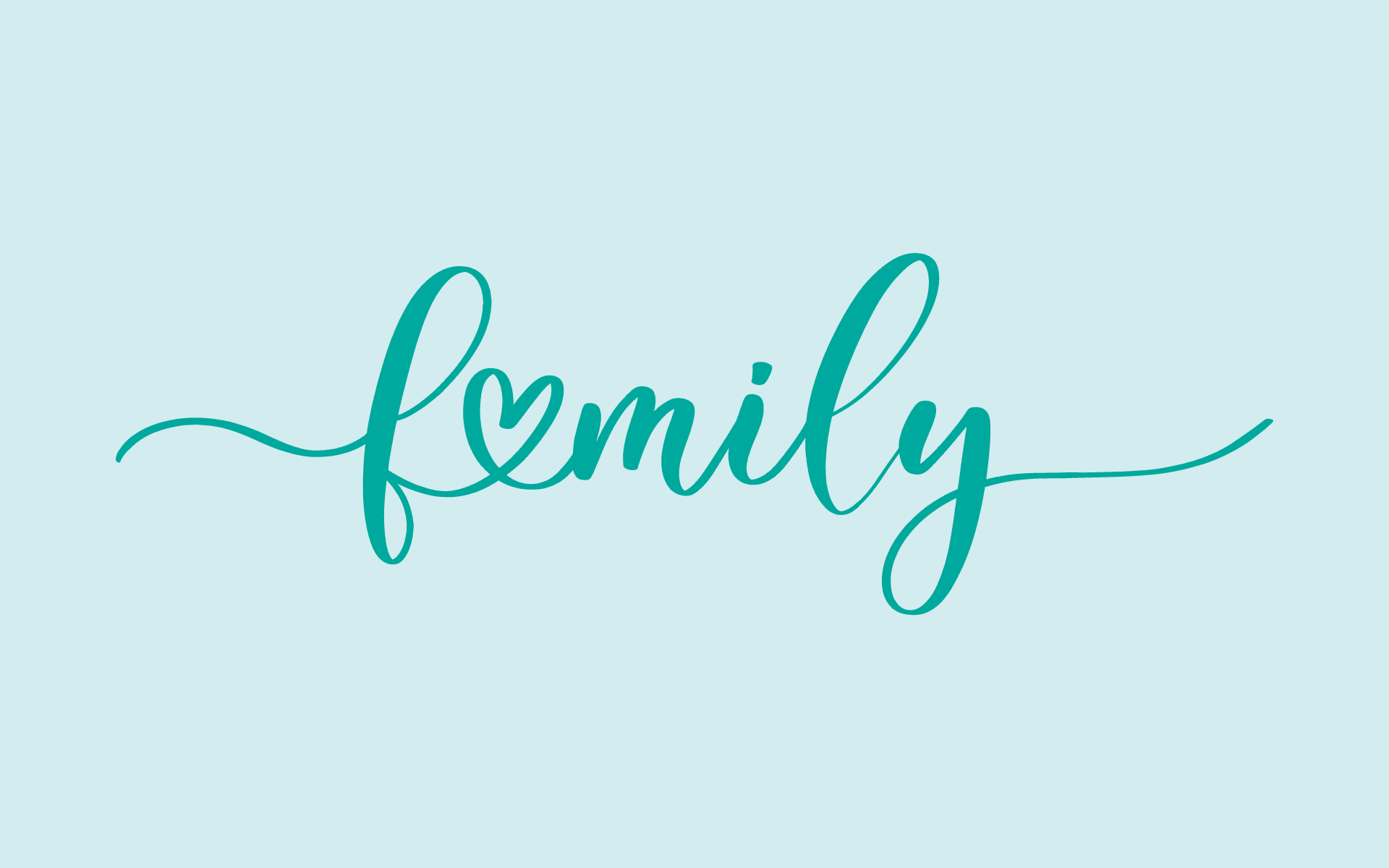It’s love, not blood, that binds us.
A Jew, a Muslim, an Anglican, and an atheist walk into a bar – and that’s just my son, Sam. In addition to Sam, my other children are Khwezi, Rachel, and Maya. Khwezi and Maya are adopted.
My blended brood is a cultural hodgepodge, a transracial smorgasbord of Rainbow Nation delights – a family fusion.
Having a complex family makes life interesting but it also comes with occupational hazards. When Khwezi was four, he and I took our dachshund Frankie for a walk. I had Khwezi in one hand and Frankie’s leash in the other.
My phone rang and I handed Frankie’s leash to Khwezi, who took the opportunity to break free and roar down the pavement. I ran after them.
As I got to them, Khwezi lifted the leash, and Frankie, in an attempt to break free, snapped at my son.
Unfortunately, Frankie had been dangling at Khwezi’s waist.
Without thinking about what commuters in morning rush hour traffic might make of the bizarre scene of the white man inspecting a howling black child’s boy bits, I whipped Khwezi’s pants down to view the damage.
Fortunately for Khwezi, there was no spontaneous bris.
Fortunately for me, no one called the police.
Adoption is not easy. It comes with issues about identity and rejection and belonging that children have to deal with. Throw in a racial lens and it becomes even more complex.
It was about that time that Khwezi asked me: “Dad, why are you orange?” I gave a clumsy explanation about people being born different colours, but we are all the same.
Khwezi thought about it and then said, “When I grow up, I want to be orange.”
I didn’t know what to say. Fortunately, my wife Jean has more answers than me. She’s a clinical psychologist who is doing a doctorate on transracial adoption.
One of the aspects of her work has been to support adoptive parents who are navigating the difficult challenges transracial families face.
The first rule of being in a transracial family is not to be in denial that you’re in a transracial family.
In other words, don’t pretend to be colourblind. This means speaking openly about race and acknowledging society’s thorny racial dynamics.
It also means helping your child understand their adoption history and encouraging them to get to know the different values and traditions of their birth culture.
Multicultural families are likely to face prejudice in our racially charged country. Ever since Khwezi was a child, I’ve been conscious of the sideway glances as people try to work out what’s going on.
Curious children are often refreshingly direct, but adults can be cruel.
Walking in a supermarket once, a woman couldn’t control her astonishment when she saw me and Khwezi.
“Who is he?” she asked.
“He’s my son,” I explained. The woman shook her head and then turned to Khwezi. “That’s not your daddy.”
Transracially adopted children do not only have to confront the inner challenges of being adopted. As our country grapples with finding a shared identity, they grow up battling with other people’s prejudices.
All that we as parents can do is make sure they know they are loved and that they belong.
Our job is to instil in them a sense of confidence and equip them with the skills to cope with other people’s narrow-mindedness.
In addition to the mashup of cultural and religious fusions, we have created our own vibrant family culture around our shared values and have come up with our rituals and traditions.
We are a family. Our bond is love, not blood.
It’s been 14 years since Khwezi told me he wanted to be orange when he grew up. He is now 18 – and almost grown up.
He’s a prefect, he’s sporty, clever, and popular. He’s also confident in his skin. He recently scored 100% for a history essay on Black Consciousness. He no longer wants to be “orange.” He now wants to be an actuary.

Leave a Reply